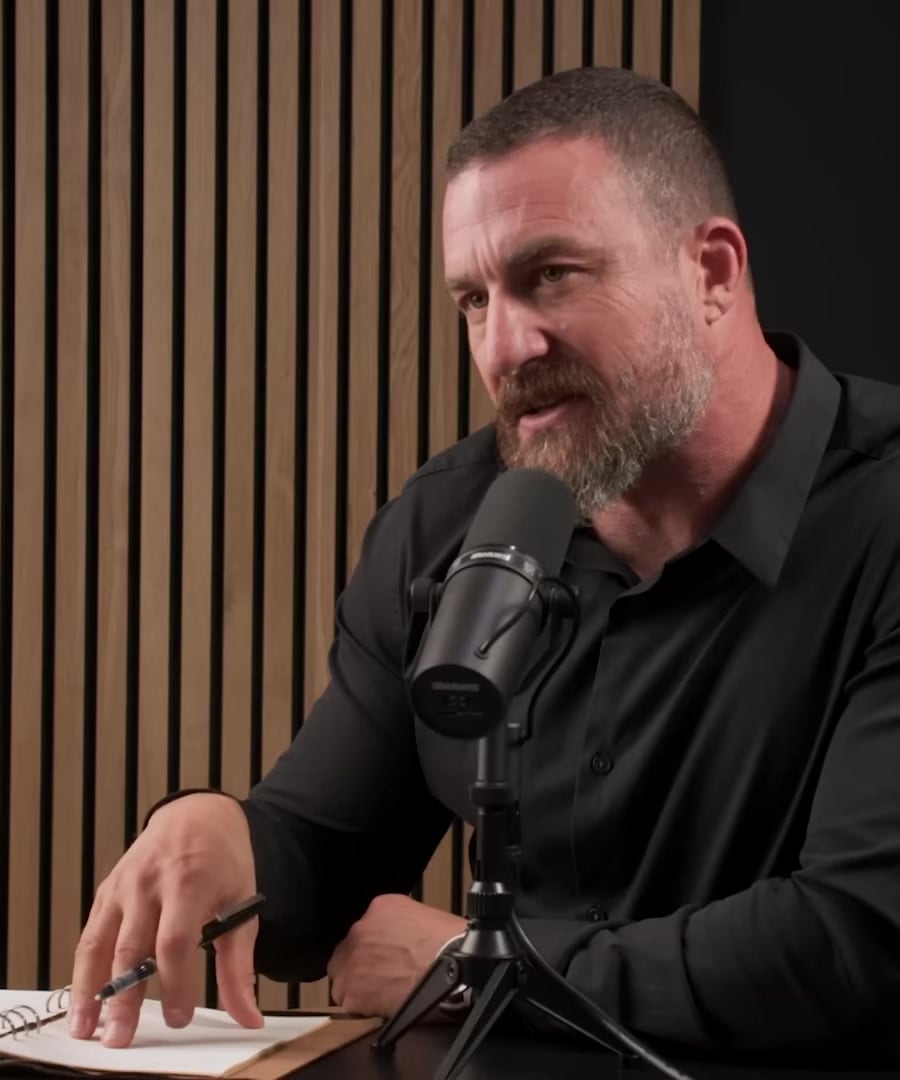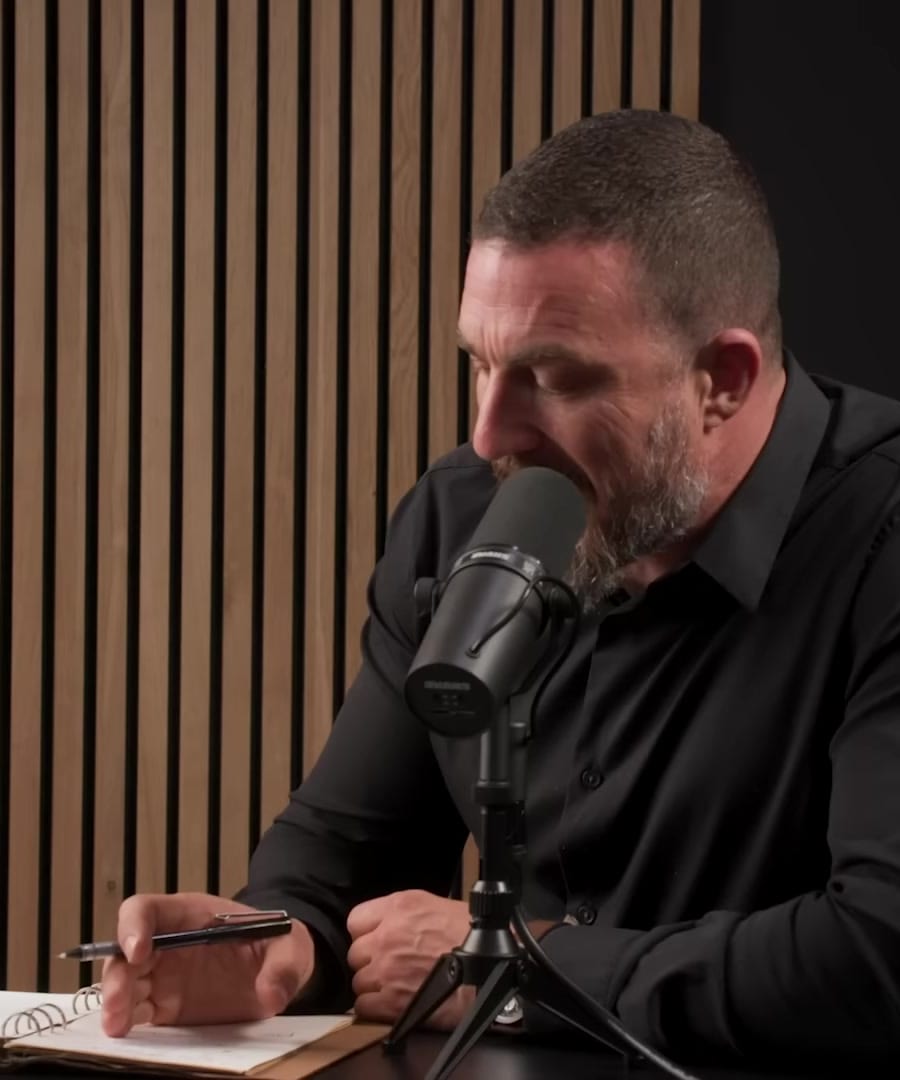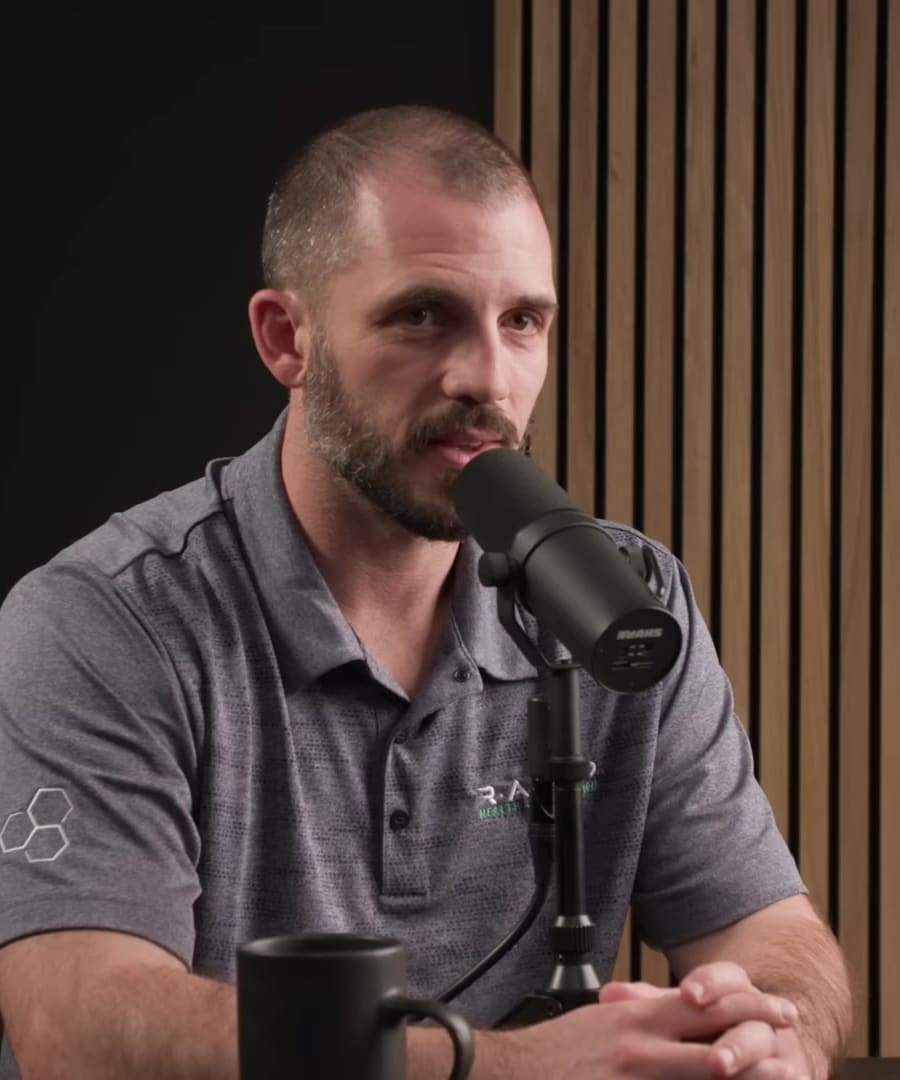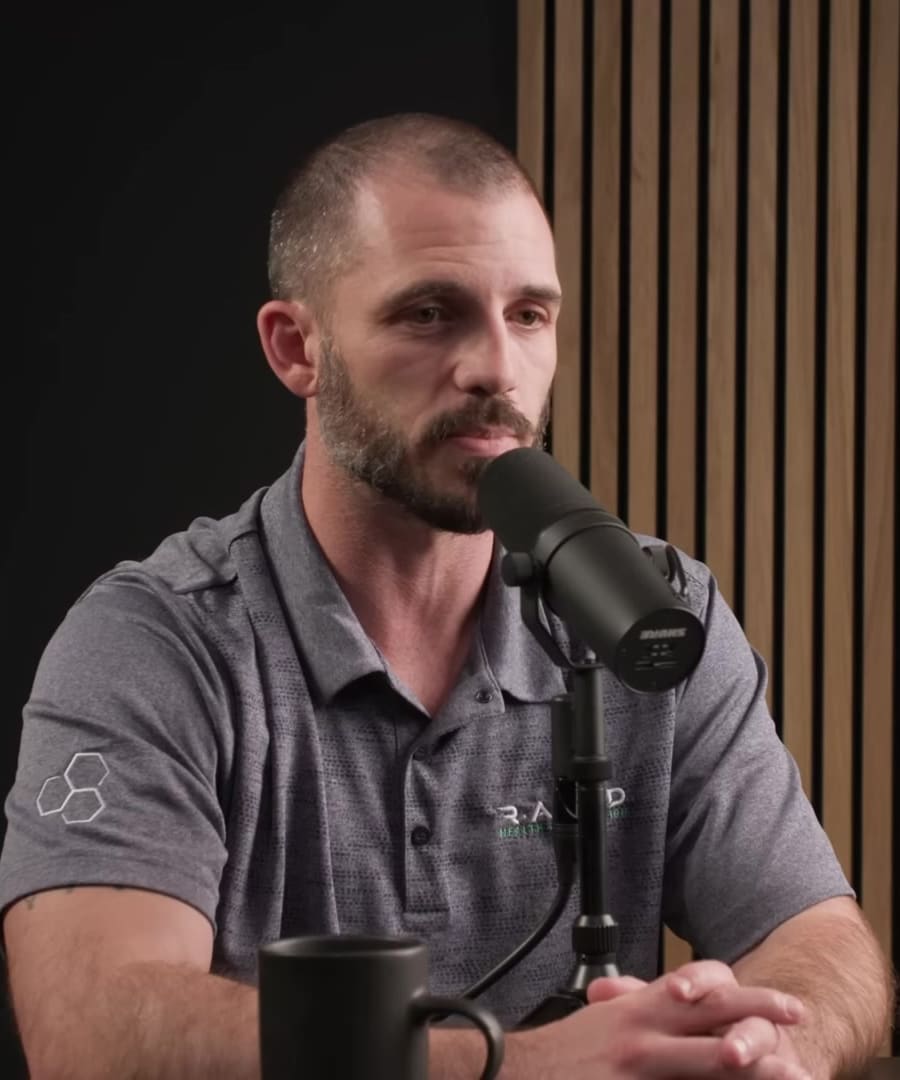how to fall asleep faster ?
Sources:
To fall asleep faster, suggests several strategies:
- Yoga Nidra: A form of meditation called yoga nidra or other standard forms of meditation can promote relaxation and ease the transition to sleep 1.
- Body Position: Adjusting body position such as slightly elevating the feet and tilting the head back may accelerate falling asleep 2.
- Hot Baths or Showers: Taking a hot bath, shower, or sauna before bed can accelerate the natural drop in body temperature necessary to fall asleep 3.
- Lowering Room Temperature: Keeping the sleeping environment cool or using a controllable mattress cover that cools down can help in falling asleep. If warm during the night, extending a hand or foot out from under the blankets can aid in temperature regulation 4.
- Nutritional Supplements: Magnesium Threonate or Magnesium Bisglycinate, as well as apigenin (a chamomile derivative), can shorten the transition to sleep for those having trouble falling asleep 5 6. Always consult with a healthcare provider before starting new supplements.
Lastly, establishing a calm state before bedtime is critical. emphasizes practices like Yoga Nidra and Transcendental Meditation to help train oneself into relaxation, which can be beneficial if anxiety around falling asleep persists 7.
RELATED QUESTIONSCan you provide more tips for better sleep?
Sources:
Here are more tips for better sleep, drawing from the advice shared on the :
- Cognitive Behavioral Therapy (CBT): Prioritize sleep hygiene, implement a consistent bedtime, and avoid screens before sleep to prevent disruption of the circadian rhythm 1.
- Wind-Down Routine: Establish a pre-sleep ritual to transition your body towards rest, such as meditation, reading, and avoiding intense light exposure 2.
- Sleep Environment: Keep pets out of your bed and ensure your bedroom is free from allergens and disruptive factors by washing sheets weekly and maintaining appropriate room conditions 3 4.
- Behavioral Adjustments: Stick to your regular wake-time, even after a bad night, to avoid disrupting your sleep rhythm. Avoid caffeine, naps, and excessive fluid intake before bedtime that can impair sleep 5 6.
- Non-Sleep Deep Rest (NSDR): Incorporate NSDR or yoga nidra into your daytime routine to improve the ease of transitioning into sleep at night 5.
- Sleep Supplements: Supplements like magnesium threonate, apigenin, theanine, and inositol can be helpful, but they are not essential and should be considered only after addressing behavioral factors 5.
- Avoid Time-Checking at Night: If you wake in the night, do not look at the clock as it may make it harder to fall back asleep. Instead, try relaxation techniques 5.
- Exercise Timing: Morning or early day exercise tends to be more beneficial for sleep patterns than intense exercise in the late afternoon or evening 7.
Remember that individual needs may vary, and it's important to consult with healthcare professionals before making significant changes to your sleep routine or starting a new supplement regimen.
RELATED QUESTIONS
how to fall asleep faster ?
- RELATED QUESTIONS
Can you provide more tips for better sleep?
- RELATED QUESTIONS













